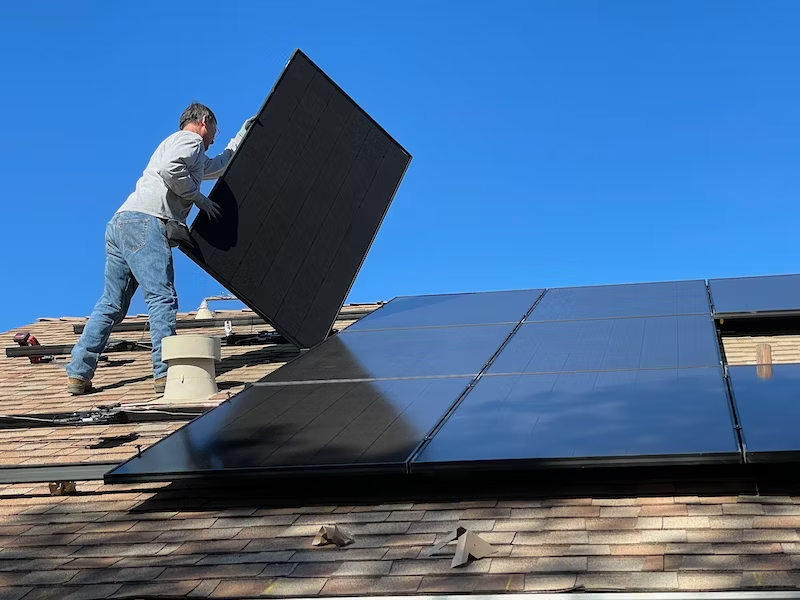
How to Build an ICF Barndominium

How to Build a Hurricane Proof House in Florida
Florida, often hailed as the Sunshine State, is no stranger to the annual threat of hurricanes. As a resident or potential homeowner, one can’t help but feel the looming presence of these powerful storms. In light of this, the demand for hurricane-proof houses in Florida has grown exponentially. Now, more than ever, homeowners are seeking solutions that not only ensure the safety of their loved ones, but also provide a sustainable and energy-efficient lifestyle.

Laying the Groundwork: Steps for Building a Solid Foundation for a Small House
In this article, we will explore how to build a foundation for a small house using insulated concrete forms (ICFs) and discuss the advantages of choosing this modern construction method.

The Best Material Options for a Reliable Pool Foundation
![Can You Mix Metal and Wood Studs? [The Challenges and Alternatives]](https://dogk5k0c5kg4s.cloudfront.net/web/images/banners/Can-You-Mix-Metal-and-Wood-Studs.png?mtime=20231215115908&focal=none)
Can You Mix Metal and Wood Studs? Understanding the Mix and a Better Alternative

10 Green Building Construction Methods
Green building construction methods have emerged as options for not only reducing environmental footprints, but also cutting down energy expenses. These methods are based on eco-friendly practices and materials, and are aimed at promoting both environmental and economic sustainability.

Energy Saving Tips for Homeowners
While it’s great news that we’re not currently using more energy to run our homes, the study also “raises important concerns about making home energy use more efficient.” If American’s time at home continues to rise, home efficiency will need to as well.

5 Disadvantages to DIY Concrete Foundation Forms
Before you begin your concrete foundation forms DIY project, consider these five disadvantages of DIY concrete form construction.

23 Must-Haves When Building an Energy-Efficient Home

What is the Concrete Temperature Limit?
Concrete is a versatile and durable construction material that is predominantly used in both commercial and residential structures. It’s essential to understand concrete’s thermal properties, specifically its temperature limits, to optimize its strength and durability.